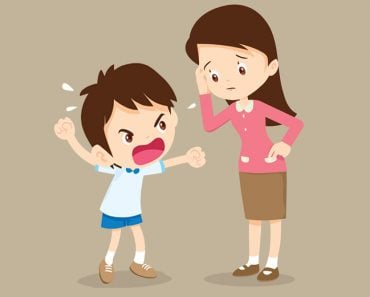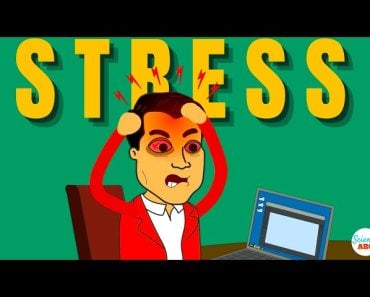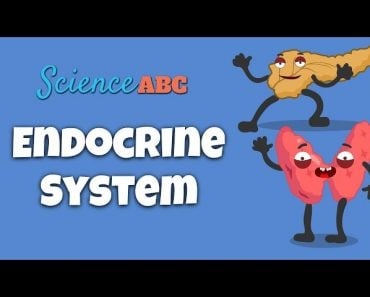Table of Contents (click to expand)
What triggers puberty? Scientists have found a link between the amount of fat in the body by a certain age and the onset of puberty.
Imagine that you’re (back) in middle school. You’re minding your own business, doing all the things middle school students do, when you begin to notice sudden changes in yourself.
You notice that your voice is cracking more frequently and becoming deeper. You have grown taller, rapidly, and the pants you bought a few months ago are a bit too small already. Your muscles seem different, and you’re keenly aware of everyone around you. It’s strange to look at others in the class. Your heart starts pounding when a certain someone passes you in the corridor.
You’re self-conscious of all these physical changes in your mind and body. Your only source of relief is seeing that you’re not alone. Many others in school, even some of your friends, are going through precisely the same thing!
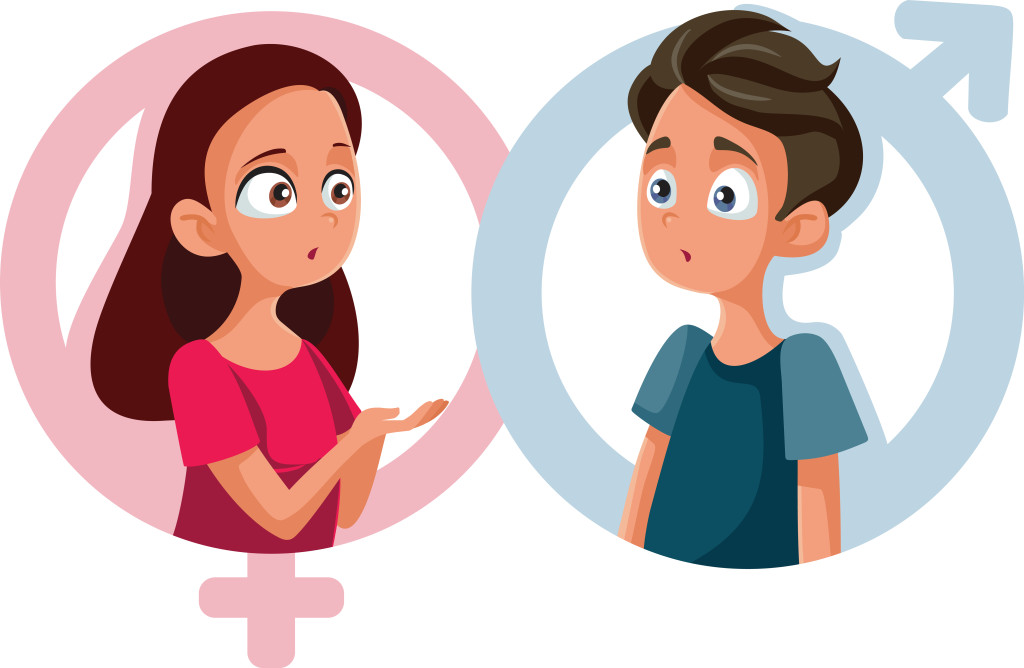
Puberty, as a physiological process, marks the beginning of the maturity of your body. However, the changes that you see in your body didn’t just happen at a random moment, so how does the body know when to start this task of deciding that you’re ready to be an adult? What are the triggers that set in motion such a major revolution in our bodies?
Recommended Video for you:
Introducing The Team Of Players
All the changes you see during puberty are caused by hormones—little molecules that a few specific organs in our bodies produce. These molecules travel through the blood and are capable of targeting particular processes or locations for a desired effect. For example, the hormone adrenaline, which is produced by the adrenal glands, helps us tackle emergency situations by switching on our ‘fight-or-flight response’.
The main hormones involved in puberty are the sex hormones—estrogen and testosterone. They’re the ones that cause the cracking in your voice, changes in the shape of your body, and the growth of additional hair.
Your gonads, or sex organs—ovaries in females and testes in males—produce and secrete the sex hormones. That being said, they don’t secrete it at will; the brain sends them the command for production.
The command comes in the form of two hormones—the luteinizing hormone (LH) and follicular stimulating hormone (FSH). These are both produced by the pituitary gland: a tiny pitcher-shaped gland in your brain.
The pituitary gland has its own boss, the hypothalamus (a tiny region right above the pituitary), which produces gonadotrophin-releasing Hormone (GnRH). This hormone goes to the pituitary and says, “Hey, it’s time to release LH and FSH!”
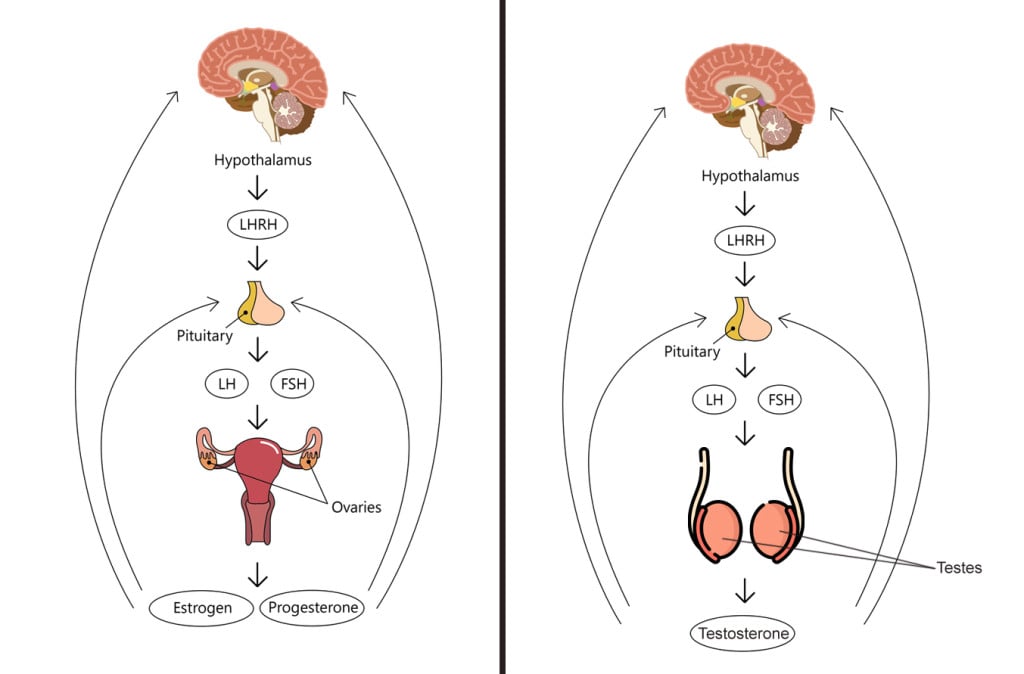 The HPG Axis. This axis primarily controls the hormonal execution of puberty in our bodies. The arrow marks represent promotion, or positive flow, while the blunt lines represent inhibition.
The HPG Axis. This axis primarily controls the hormonal execution of puberty in our bodies. The arrow marks represent promotion, or positive flow, while the blunt lines represent inhibition.
To ensure that things happen in the right order, the hypothalamus initiates the puberty process by releasing GnRH. This is followed by the pituitary releasing LH and FSH, which eventually help to release estrogen and testosterone.
This order of hormones and their source glands that control our body’s development in a time-dependent way is called the Hypothalamus-Pituitary-Gonadal (HPG) axis.
The Puberty To-Do List
Children have very low levels of sex hormones. It is only after a child crosses the age of 8 does the body start to ramp up its production of sex hormones, leading to puberty. So what triggers this change? How does the hypothalamus know when to begin this process?
The hypothalamus has its own checklist, ticking off the presence of certain cues to decide when it’s time to begin puberty. When a certain item on this list passes the checkpoint, a few ‘messenger’ signaling molecules inform the hypothalamus, which acknowledges that the checklist is complete. Once all the essential factors have been checked off the list, it’s showtime!
First of all, your DNA gets involved. The genes concerned with puberty get activated or “turned on” when the body is ready to support puberty. What turns these genes on and off includes a host of factors, such as age and organ development.

However, an important factor contributing to the onset of puberty is the presence of fat molecules in the body. Puberty causes the enlargement of organs, and significant development of certain tissues. In order to accommodate and support such growth, the body needs a “critical amount” of fat molecules in the body.
This is also one reason why we attain the puberty stage only after the age of eight. It takes the body at least eight long years to be able to accumulate the amount of fat molecules and nutrients necessary to become a biological adult. (See: this, this, this, and this.)
Along with this comes the question: what if a person’s fat molecule percentage crosses this “critical amount” much earlier than age eight? Chances are high that such a person may attain puberty a little earlier. This is also one of the cues that the hypothalamus ticks off its list.
The third factor to consider is lifestyle. Are you a sporty teenager? Do you keep yourself hydrated? Do you eat healthy, balanced meals or do you love gorging on junk food with your friends? Do you stress about things very often? These are seemingly unrelated questions when asked all at once, but they actually give a well-rounded view of your lifestyle, emotional well-being, and behavior in stressful situations. You may think, “What do any of these have to do with puberty?”
Well, these chemical influencers are very good at telling the hypothalamus about the state of the body. Higher stress and lower physical activity increase sugar and fat molecules in the body. This increase in fat causes an increase in fat percentage and the overall weight of an individual. This makes the hypothalamus assume that the body can support a full-fledged reproductive system, so the process of puberty begins.
References (click to expand)
- Manotas, M. C., González, D. M., Céspedes, C., Forero, C., & Rojas Moreno, A. P. (2021, October 14). Genetic and Epigenetic Control of Puberty. Sexual Development. S. Karger AG.
- Alotaibi, M. F. (2019, January 14). Physiology of puberty in boys and girls and pathological disorders affecting its onset. Journal of Adolescence. Wiley.
- Kong, L., Tang, M., Zhang, T., Wang, D., Hu, K., Lu, W., … Pu, Y. (2014, November 17). Nickel Nanoparticles Exposure and Reproductive Toxicity in Healthy Adult Rats. International Journal of Molecular Sciences. MDPI AG.
- Brix, N., Ernst, A., Lauridsen, L. L. B., Parner, E., Støvring, H., Olsen, J., … Ramlau‐Hansen, C. H. (2018, October 11). Timing of puberty in boys and girls: A population‐based study. Paediatric and Perinatal Epidemiology. Wiley.
- Li, W., Liu, Q., Deng, X., Chen, Y., Liu, S., & Story, M. (2017, October 24). Association between Obesity and Puberty Timing: A Systematic Review and Meta-Analysis. International Journal of Environmental Research and Public Health. MDPI AG.
- KK Ong. (2017) What triggers puberty?. Ease In Childhood






